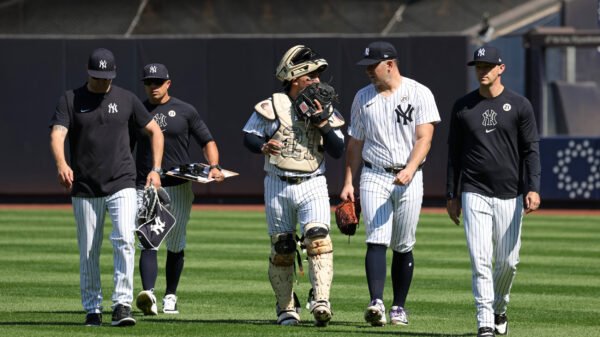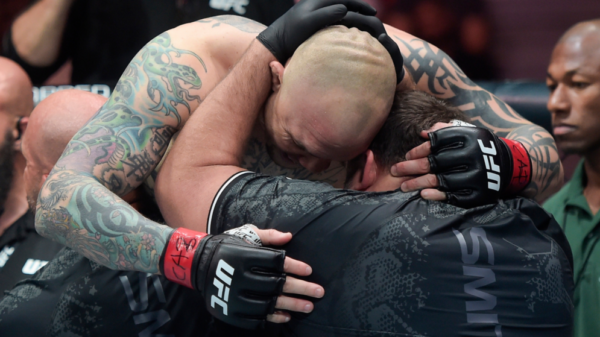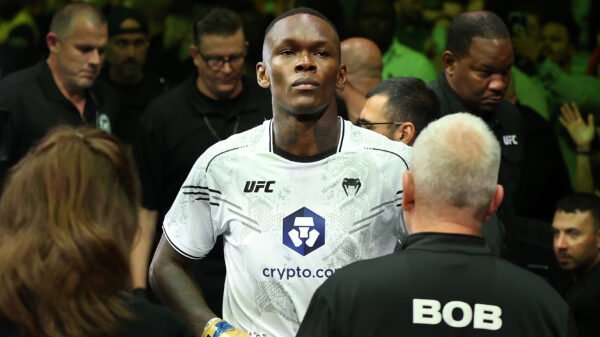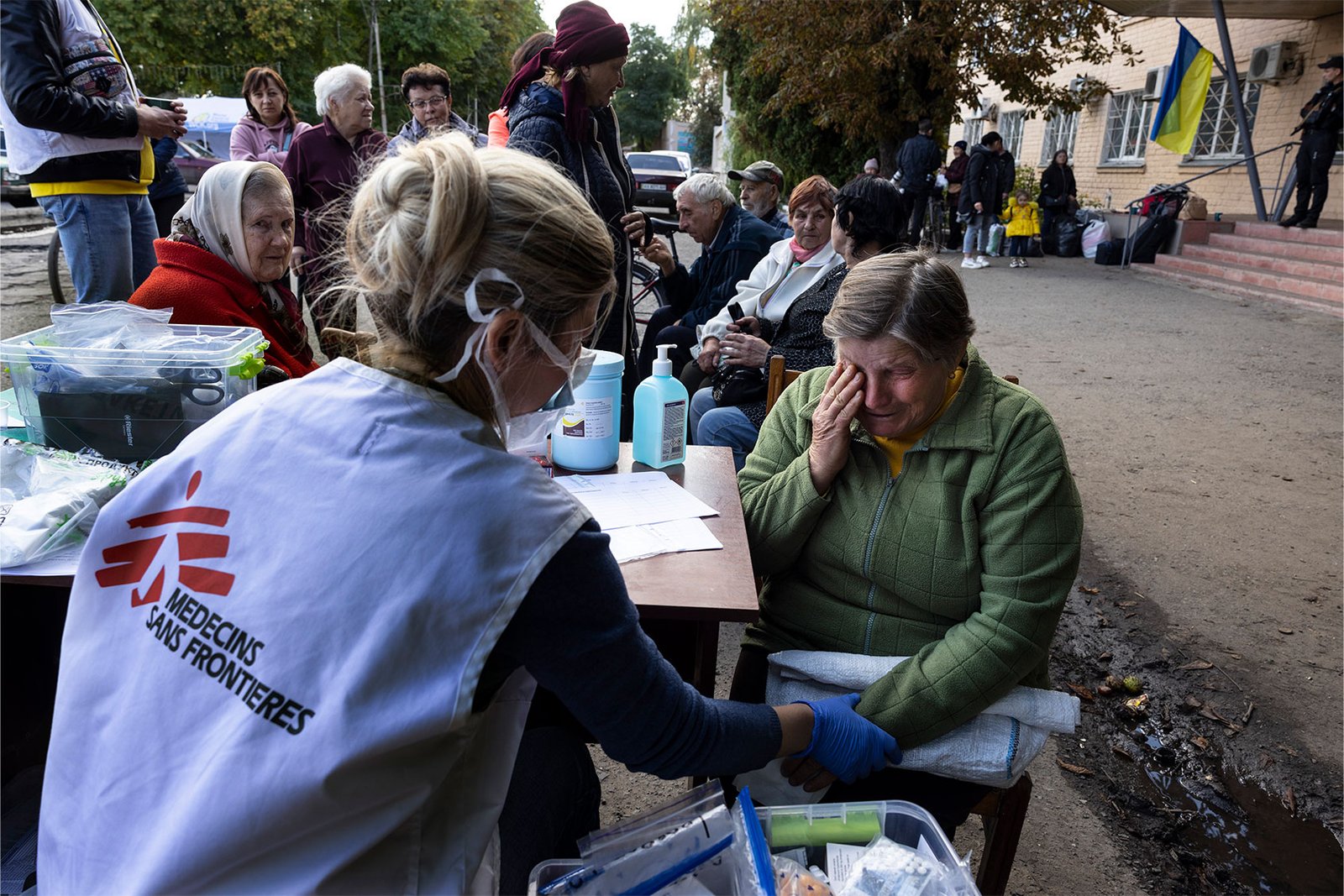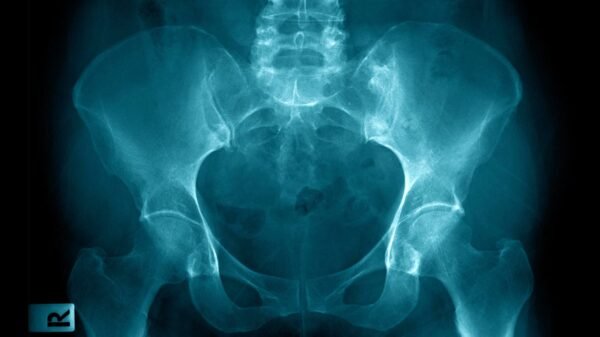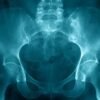In current months, I’ve taken a rising curiosity in studying the accounts of well being care staff from battle zones, areas of the world caught in a crossfire of warring factions, the place males, girls, and kids bear the collateral harm wrought by bombs and bullets. Well being care staff’ harrowing tales are a number of the most unvarnished ones we have now to listen to, and as a doctor myself, I take them in with equal measures of inspiration and disbelief. Listening to concerning the kinds of duress they’ve been below, I’ve typically questioned how I might assist.
At first, I believed I couldn’t. Past sharing an understanding of our our bodies’ interior workings and an intuition to be compassionate in direction of those that are unwell, I discover unimaginable what lots of my colleagues are thrust into doing. For instance, in Gaza they’re salvaging or amputating blast-riddled limbs, performing surgeries to staunch catastrophic bleeds with no prior surgical coaching, sustaining resolve within the face of the indiscriminate struggling of harmless lives which could in any other case be helped with probably the most fundamental of medicines, and stemming the resurgence of a debilitating virus that has lengthy been presumed to be eradicated. The sliver within the Venn diagram of the place our practices of drugs overlap is inconceivably slim. But I’ve discovered that they do nonetheless — the embers stoked by these confrontations attain even me, half a world away.
I work in a clinic in Toronto that largely serves sufferers who’re newcomers to our nation, lots of whom are searching for asylum. The connection between sufferers and docs is incessantly one born of unlucky and unpredictable occasions. Sufferers arrive to our clinic from disparate locations similar to Ukraine, the Democratic Republic of Congo, Haiti, and Pakistan. What funnels somebody to me after their lengthy and complex journey is commonly an abnormality unseen or unfelt to them: an opacity on a chest X-ray. This white haziness of their lungs, the place there ought to solely be the empty blackness of air, is often the mark of a tuberculosis an infection. Within the overwhelming majority of individuals, such TB is latent and can’t be unfold to others on this inactive state.
The specter of armed battle inflicts damages on folks past the litany of bodily wounds that want tending.
Pinpointing how somebody turns into sick entails a cautious examination of their life’s circumstances. Overcrowded environments, poor residing circumstances, financial insecurity, malnutrition, and restricted well being care infrastructure all, in some kind or different, contribute to the unfold of TB and different illnesses. That a lot we all know. Whereas I had merely accepted many of those parts as laborious realities of a life lived on the margins, I now discover myself contemplating how they’re intensified by an element I had all the time thought outdoors of my grasp: warfare.
It’s because, by the experiences of dispossessed sufferers, the world’s conflicts fall sharply into focus. I recall a girl from the eastern Democratic Republic of Congo, for example, who advised me that the disordered aftermath of a doubtful nationwide election final 12 months incited clashes between navy and insurgent teams and displaced no less than 7.2 million folks. One other affected person, fleeing many years of preventing within the contested area Kashmir and later avoiding persecution as a homosexual man in Pakistan, recounted being detained in a middle for refugees in a separate nation for 10 years. And I used to be advised that in Haiti, the place gangs violently tussle for management of a rustic in tumult, hospitals are scoured and looted for provides, leaving them barren and all however functionless. The specter of armed battle inflicts damages on folks past the litany of bodily wounds that want tending. It exacerbates the charges of varied diseases. However the fallout of sure ones — together with TB, HIV, and hepatitis B — isn’t all the time felt instantly. They form a life in gradual and insidious methods: over years and spanning lifetimes, past borders and throughout oceans.
The interplay between docs and sufferers outdoors of battle zones has completely different stakes. However it isn’t with out hurdles. When, and if, a person can escape the grips of a conflict-ridden area, what can await them in locations of purported security is a distinct kind of hostility. “Communicable illnesses like HIV and TB have skyrocketed on this small Ohio city,” Vice President–elect J.D. Vance advised CNN on the arrival of Haitian immigrants to Springfield, in his state of Ohio. What must be a lesson of braveness is definitely twisted, as an alternative, into the specter of unfettered incursion and illness.
Witnessing an excessive diploma of anguish and resilience certainly rearranges your emotional DNA.
Maybe spreading sooner than any microbe — and doubtlessly as dangerous to our well being — is the scourge of misinformation. Organizations similar to GLAAD and Equality Springfield, which deeply perceive the discrimination encountered by HIV-infected individuals, stepped in to counter the disparagements. Within the county the place Springfield is situated, energetic circumstances of TB marginally elevated from 3 to 4 between 2022 and 2023, whereas HIV circumstances elevated from 142 to 178 between 2018 and 2022 — as they could in some other jurisdiction (similar to Toronto) that embraces folks from beleaguered nations. A few of the most motivated sufferers I see are those who solely now have the possibility to obtain well being care.
Lots of the reflections I learn from these well being care staff finish with a modified perspective. Witnessing an excessive diploma of anguish and resilience certainly rearranges your emotional DNA. That occurred to me after I traveled to Port-au-Prince, not lengthy after the 2010 earthquake that devastated Haiti’s capital, to assist run makeshift medical clinics within the scattering of colleges and church buildings that also stood. Facets of humanity each completely horrible and extremely uplifting crammed these weeks. Though I’ll always remember these scenes, my realizations of needing to reside extra totally and generously and appreciatively solely materialized once I returned house to some relative consolation — as often appears to occur to those that undertake, after which write about, their expeditions.
When the airplane touched down in Miami, I used to be enthusiastic about the 1000’s of individuals whom we helped however who nonetheless needed to stay there, sorting by the rubble of their lives, plunged into wreck by a drive over which that they had little management. Might they see their lives in a different way? Not, maybe, as I might, having the possibility to absorb my classes and develop my optimisms outdoors of a spot in disaster.
This has made the clinic in Toronto — with the sufferers who arrive there — a spot the place I can share and nourish a factor as highly effective as any medication wanted throughout a battle: hope.
Arjun V.Okay. Sharma is a doctor specializing in infectious illnesses and tuberculosis on the College of Toronto whose writing has appeared within the Washington Put up, L.A. Occasions, and the Boston Globe, amongst different shops.
This text was initially revealed on Undark. Learn the original article.








